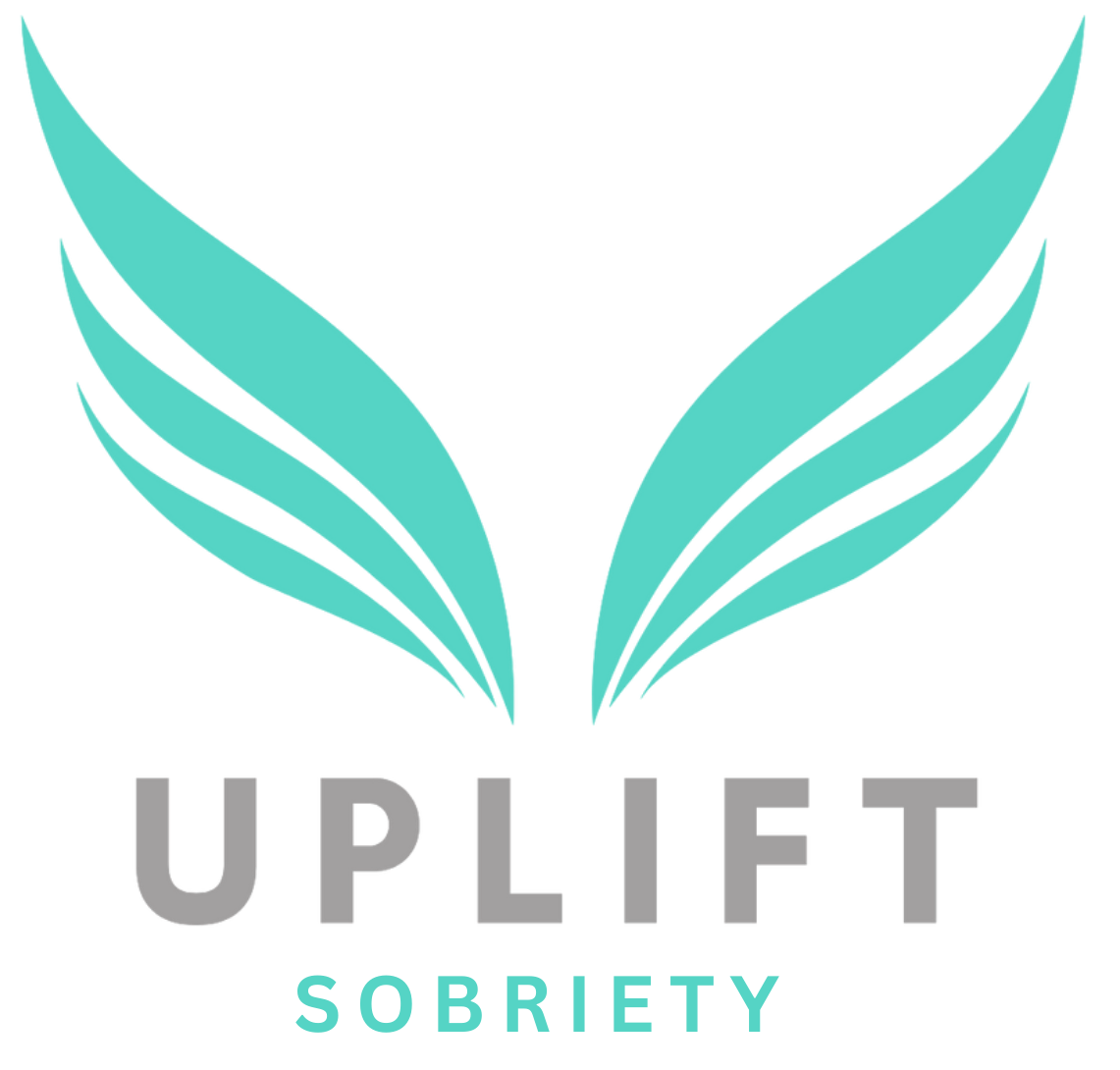Coping with Depression in Sobriety
Reaching sobriety is a major accomplishment—but it doesn’t always mean the emotional struggles disappear. For many individuals in recovery, depression can surface or intensify once the substances are gone. At Uplift Sobriety, we understand that healing extends beyond physical sobriety. Mental and emotional wellness are essential for building a fulfilling, sustainable life in recovery.
In this post, we explore why depression is common in sobriety and offer practical strategies to help you cope, heal, and move forward with confidence.
Why Depression Can Arise in Sobriety
Substances often act as a temporary escape from emotional pain, trauma, or mental health conditions like depression. Once those substances are removed, the underlying emotions resurface—sometimes with full intensity.
Common reasons depression may show up during sobriety include:
Unprocessed trauma or grief
Guilt or shame from past actions during active addiction
Biochemical imbalances in the brain due to long-term substance use
Loss of social circles or routines connected to substance use
Feeling overwhelmed by the emotional work of recovery
Experiencing depression in sobriety is not a sign of failure. It’s a sign that deeper healing is needed—and it’s also an opportunity for lasting growth.
Recognizing the Signs of Depression
It’s important to recognize the signs of depression early so you can seek support. Symptoms may include:
Persistent sadness or hopelessness
Fatigue or lack of motivation
Changes in appetite or sleep
Difficulty concentrating or making decisions
Loss of interest in activities you once enjoyed
Thoughts of worthlessness or self-blame
If you or someone you love is experiencing these symptoms, professional help is available—and recovery is absolutely possible.
Strategies for Coping with Depression in Sobriety
At Uplift Sobriety, we encourage a well-rounded approach to managing depression, combining clinical support with personal empowerment. Here are some effective strategies:
1. Seek Professional Help
Therapists, psychiatrists, and support groups specializing in co-occurring disorders can help you work through both depression and addiction recovery. Medication may also be appropriate in some cases and should be discussed with a licensed provider.
2. Build a Routine
Structure creates stability. Daily routines that include self-care, movement, rest, and connection help restore balance and reduce mental health symptoms.
3. Stay Connected
Isolation can deepen depression. Reach out to friends, family, peer support groups, or sober communities. Connection is a powerful antidote to hopelessness.
4. Incorporate Physical Activity
Exercise boosts mood and energy levels by increasing natural endorphins. A simple walk, yoga session, or stretching routine can have significant mental health benefits.
5. Practice Mindfulness and Gratitude
Mindfulness exercises and journaling help shift focus from negative thoughts to the present moment. Gratitude practices can also reframe your outlook and reinforce your progress.
Depression Is Treatable—And You Are Not Alone
Struggling with depression in sobriety can feel discouraging, but it’s more common than many people realize. The key is not to hide your pain—but to face it with support, courage, and the tools that can carry you forward.
At Uplift Sobriety, we’re here to help you navigate the emotional complexities of recovery with compassion and guidance. You don’t have to go through this alone. With the right support, you can manage depression, protect your sobriety, and build a life filled with purpose and hope.
